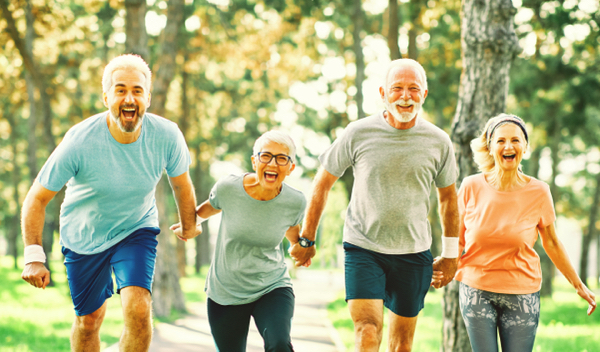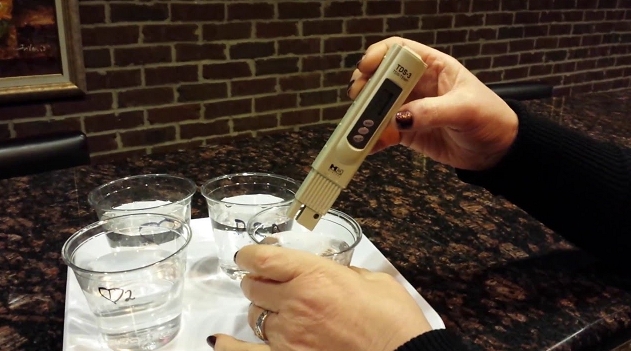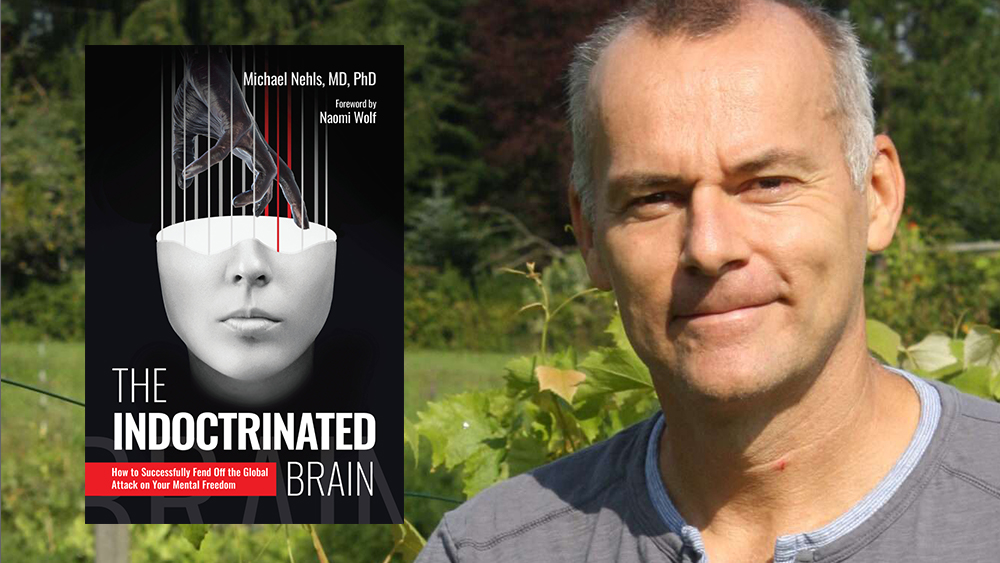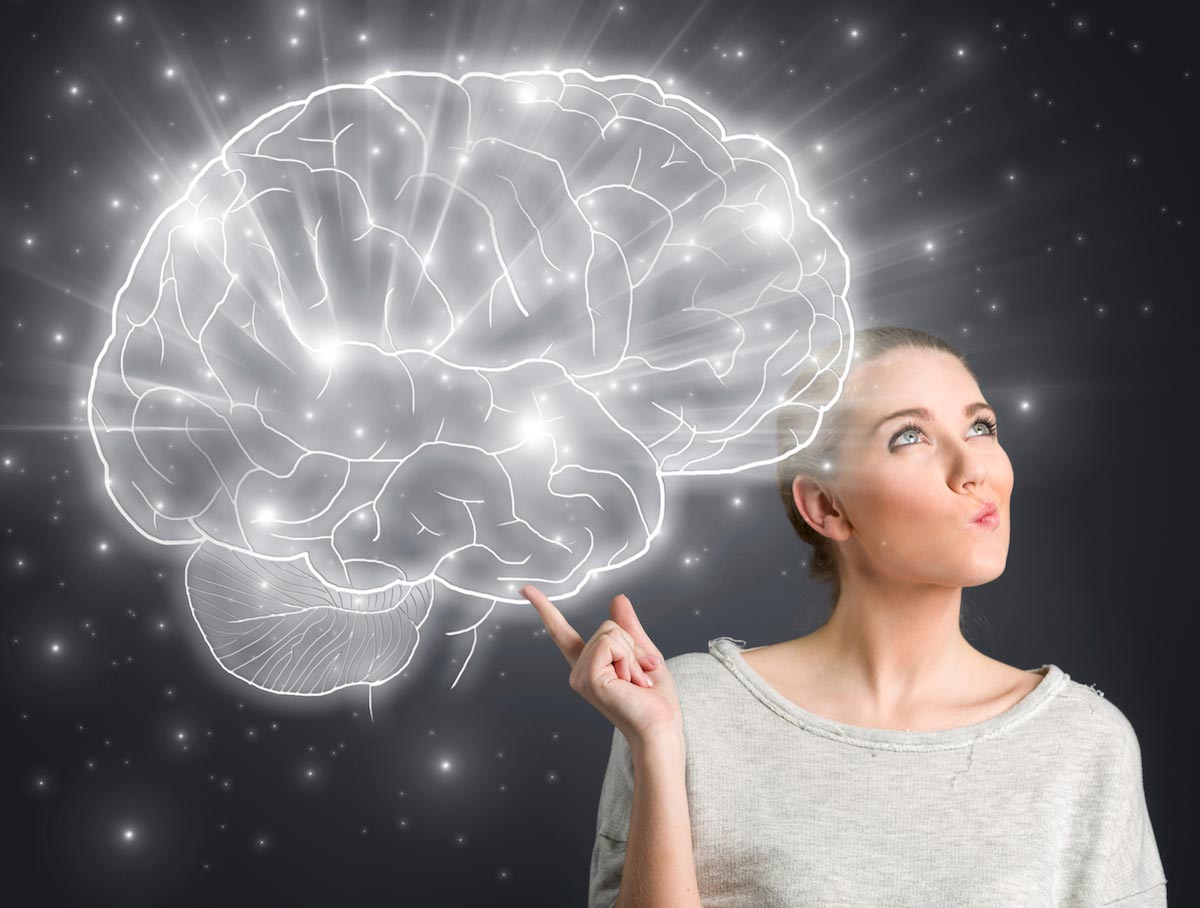3 Effective ways to maintain optimal brain performance for people over 60
09/06/2024 / By Olivia Cook

Research shows that staying physically active has a big impact on brain health – even for people over 60. From sharper memory to better problem-solving skills, the advantages of regular exercise are clear.
However, many older adults don’t participate in physical activities that are tailored to their needs. Low motivation and limited access to suitable exercises are common barriers. Often, caregivers resort to repetitive, low-impact activities, like gentle stretching, walking or yoga, due to seniors’ declining cognitive and physical abilities. While these activities are helpful, there’s a growing understanding that combining various types of exercises offers greater benefits. (Related: How to keep your brain healthy and sharp as you age.)
Researchers are exploring effective ways to enhance both the cognitive and physical abilities of older adults. The most promising strategies include three main components:
Engage in complex physical activities
Physical exercise is essential not just for the body but also for the brain – particularly as people age. For seniors, staying active through aerobic exercises, like cycling, swimming or walking, can lead to significant cognitive benefits. These activities improve blood flow to the brain, encourage the growth of new neurons and enhance attention and memory.
Moderate cardio workouts are especially beneficial because they improve overall cardiovascular health, which, in turn, increases oxygen flow to the brain. This enhanced oxygen supply helps generate new neurons in the hippocampus, a crucial area for memory. To maximize these benefits, exercise routines should combine cardio with balance, coordination, flexibility and strength training.
Activities that require complex motor skills and coordination are particularly effective in boosting cognitive functions, such as attention, memory and mental flexibility.
Combine physical activity with cognitive stimulation
Pairing physical exercise with cognitive challenges can greatly enhance brain health. Engaging the brain during workouts, such as by planning a move or remembering a sequence of steps, helps keep cognitive skills sharp. This combination of mental and physical exercise can produce synergistic effects – improving overall cognitive function more than either type of activity alone.
The brain functions as the control center for all bodily movements, relying on cognitive abilities like adaptability, concentration, learning and reasoning. These skills help people interact with their environment and maintain a good quality of life.
Contrary to common belief, the brain does not continuously deteriorate with age. While some decline is natural after people turn 45, the brain retains its ability to adapt and form new connections – known as cerebral plasticity – throughout life. A stimulating lifestyle can help build a cognitive reserve that mitigates the effects of aging.
Activities, such as brain games and puzzles can also be effective as they help improve concentration, focus and memory and make people more alert in daily activities. Although they may not prevent cognitive decline, they can slow it down.
It is crucial to keep these games challenging and varied to avoid the mind slipping into “autopilot.” Additionally, changing up daily routines or learning new skills can further challenge the brain – keeping both the logical left side and the creative right side engaged.
Participate in group activities that lead to social interaction
Social interaction is another crucial component for maintaining cognitive health in seniors. Engaging in group activities, such as going on outings, joining clubs or volunteering, can help combat loneliness and reduce the risk of anxiety and depression. Social activities also provide intellectual stimulation and opportunities for new learning experiences – contributing to better brain fitness.
Working out in groups, especially through cooperative and competitive sports, like basketball or handball, offers both cognitive and physical benefits. These sports challenge balance, cardiovascular endurance, coordination, flexibility and strength. They also create dynamic, ever-changing situations that require adaptability and quick thinking – promoting cognitive engagement and resilience.
Recent studies have shown that team sports can improve memory and planning skills in older adults – making them an excellent choice for maintaining cognitive health.
Another innovative approach is using “exergames” – video games that combine physical activity with cognitive tasks, These games, which became popular with consoles, like the Microsoft Kinect, Nintendo Wii and Switch, encourage players to move while engaging in activities that require balance, offer an even more immersive experience by combining real and virtual elements – providing high physical and cognitive stimulation. Studies suggest that these interactive games may be more effective at improving cognitive abilities than traditional exercises.
A study published in GeroScience explored the impact of this advanced type of exergame. The study compared an immersive wall exergame program to a traditional muscle strengthening and walking routine – finding that the exergame might offer superior cognitive benefits for seniors.
The unique features of these new-generation exergames, such as their complex motor tasks, immersive environments, intense physical demands, opportunities for social interaction and virtual cognitive challenges, make them an exciting multi-dimensional training option for older adults.
These qualities suggest that Interactive Wall Exergames could be particularly effective in enhancing both cognitive and physical health – providing a comprehensive and fun way to stay active.
By combining real-world physical movement with digital gameplay, these games challenge players to think on their feet – improving mental agility and motor skills enjoyably. This multi-domain approach to training not only keeps seniors physically fit but also mentally sharp – offering a holistic way to combat age-related cognitive decline.
Watch this video to learn more about the benefits of exergames for older people.
This video is from the Daily Videos channel on Brighteon.com.
More related stories:
Exercise preserves brain cells and prevents memory loss.
Aerobic exercise improves memory and brain power in older adults.
Sources include:
Submit a correction >>
Tagged Under:
aging secrets, alternative medicine, anti-aging, brain health, cognitive function, cognitive health, cognitive stimulation, exercise, fitness, group activities, health science, natural health, natural medicine, physical activity, social interaction, tips
This article may contain statements that reflect the opinion of the author
RECENT NEWS & ARTICLES
COPYRIGHT © 2017 MIND BODY SCIENCE NEWS




















